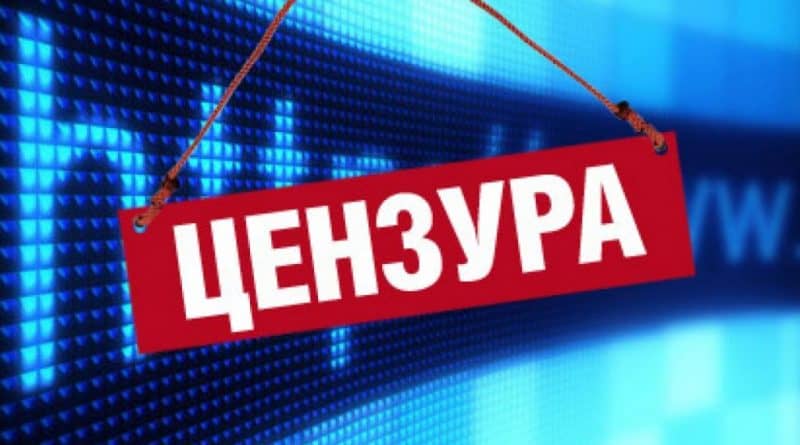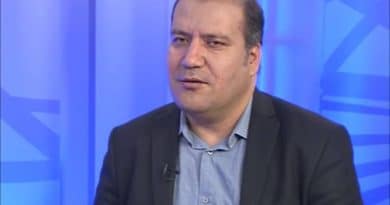Uzbekistan: authorities intensified the fight against freedom of expression on social media
The country’s Internet users are more active than ever in the past two months, which irritates the authorities. Officials are directly accused of corruption, ignorance, and unprofessionalism during the quarantine and the spread of COVID-19. The National Movement Yuxalish, which has the status of a pro-government non-governmental non-profit organization, decided to bring down the heat with the article of discontent. The text was reprinted by some online publications, under pressure from the press service.
The anonymous authors of the publication exposed the enemies of Uzbekistan in detail with ambiguous facts.
“Some pseudo-bloggers try to gain more subscribers or earn money using provocative materials, others try to hype, others manipulate network users for selfish purposes, promote their own or the interests of customers, and send deliberately false information. There are Internet users who make publications on emotions, accompanying them with insults and profanity, without thinking about the consequences, “writes the Yuxalish movement
The ACCA expert assessed this as a defensive reaction of the Uzbek bureaucracy, which has failed the fight against coronavirus and is unable to resist the theft in the structures of the Ministry of Mahalla and Family Affairs, which caused open hatred on social networks.
“Explicit threats in a press release on civil, administrative and criminal liability clearly indicate the beginning of a large-scale propaganda campaign with the use of reprisals against critics,” the expert noted. “Those in power fear that it is easy to make the step from civil network activity to real civil revolt.”
On August 3, art director and owner of the gallery Lola Saifi was outraged by the issuance of financial aid to three wealthy residents in the Tashkent mahalla Cholpon. After them, an elderly unemployed woman was refused in aid.
“The amount of aid is $ 23, which means that without any control, the mahalla was given almost $ 70,000 for distribution to low-income people, some of which will fall into the wrong hands,” Lola Saifi sums up.
The reaction followed in the form of an evening visit from a local precinct. He demanded that Lola Saifi write an explanatory note about the posting on Facebook. He didn’t let her get acquainted with the statement of the chairman and didn’t allow to take picture. There were threats to come with a warrant if she hires a lawyer. Leili Saifi’s post has been shared by thousands of people. Some of them told similar stories.
Another method began to be applied, which ACCA previously wrote about. Some individuals complain about content and the post is deleted, as was the case with a resident of Tashkent, Maxim Chernikov. The Ministry of Internal Affairs even falsified the protocol of the conversation with him and forged a signature on the compiled act. Chernikov contacted the virtual reception of the president, the Ministry of Justice, the Ministry of Internal Affairs, and the Tashkent city administration with a question about holding rallies. As a result, rallies are not allowed, and in the response of the Ministry of Internal Affairs appeared a legislative act of 1988. The post was posted online again and was available at the time of writing.
Despite the initiated criminal cases since the beginning of quarantine against employees of mahalla committees, President Mirziyoyev still holds to the system of distribution of humanitarian aid by mahalla employees. In practice, this means that there will be no systematic fight against corruption. The pressure on online activists is growing, as it is now recorded in the community of bloggers and journalists. In addition to large-scale monitoring of law enforcement agencies, the Digital Analytics system has now appeared on the Uzbek market. 35 thousand resources on the network are subject to analysis. The digital product is declared as commercial, but can easily be used in the interests of the State Security Service and the Ministry of Internal Affairs. Digital Analytics directly examines public discussions to quickly identify negative mentions and identify leaders of public opinion.




